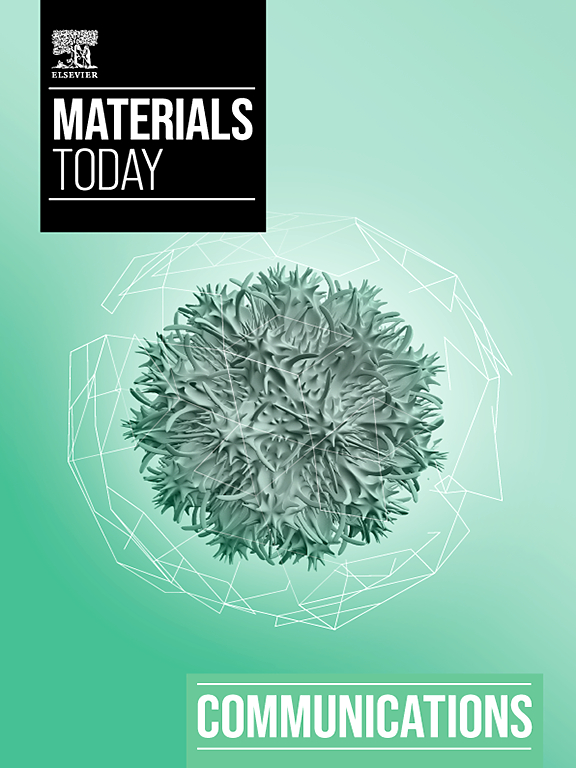Advancing titanium-based surfaces via micro-arc oxidation with solid substance incorporation: A systematic review
IF 4.5
3区 材料科学
Q2 MATERIALS SCIENCE, MULTIDISCIPLINARY
引用次数: 0
Abstract
Despite possessing numerous superior properties, titanium, and its alloys exhibit inadequacies in terms of tribocorrosion, bioactivity, and antimicrobial characteristics. In recent years, there has been a rapid increase in research focusing on micro-arc oxidation (MAO) surface treatments to enhance these properties. In the traditional MAO approach, researchers commonly investigate the introduction of additional functionalities to the surface through ion doping. However, over the past decade, studies have indicated that the inclusion of solid substances, either as substitutes for or in conjunction with ion doping, can provide further advantages in terms of multifunctionality. Therefore, this review comprehensively and systematically examines the characteristics of solid substances used during MAO, their incorporation mechanisms, and their influence on resulting biological and degradation behaviors, as well as properties such as photocatalytic activity, magnetic features, high-temperature oxidation resistance, electrical insulation, and thermal shock resistance. This review showed that the integration of solid substances during MAO represents a promising avenue for achieving multifunctional surface enhancements in titanium and its alloys. This review highlights the diverse range of properties and behaviors influenced by these solid substances, offering insights for future research and applications in the field of surface engineering and biomaterials science.通过掺入固体物质的微弧氧化技术提高钛基表面的性能:系统综述
尽管钛及其合金具有许多优越性能,但在摩擦腐蚀、生物活性和抗菌特性方面仍有不足之处。近年来,有关微弧氧化(MAO)表面处理以增强这些特性的研究迅速增加。在传统的 MAO 方法中,研究人员通常研究通过离子掺杂在表面引入额外的功能性。然而,过去十年的研究表明,加入固体物质作为离子掺杂的替代品或与离子掺杂结合使用,可在多功能性方面提供更多优势。因此,本综述全面系统地研究了 MAO 过程中使用的固体物质的特性、掺入机制、对生物和降解行为的影响,以及光催化活性、磁性特征、高温抗氧化性、电绝缘性和抗热震性等性能。综述表明,在 MAO 过程中整合固体物质是实现钛及其合金多功能表面增强的一条大有可为的途径。本综述强调了受这些固体物质影响的各种性能和行为,为表面工程和生物材料科学领域的未来研究和应用提供了启示。
本文章由计算机程序翻译,如有差异,请以英文原文为准。
求助全文
约1分钟内获得全文
求助全文
来源期刊

Materials Today Communications
Materials Science-General Materials Science
CiteScore
5.20
自引率
5.30%
发文量
1783
审稿时长
51 days
期刊介绍:
Materials Today Communications is a primary research journal covering all areas of materials science. The journal offers the materials community an innovative, efficient and flexible route for the publication of original research which has not found the right home on first submission.
 求助内容:
求助内容: 应助结果提醒方式:
应助结果提醒方式:


